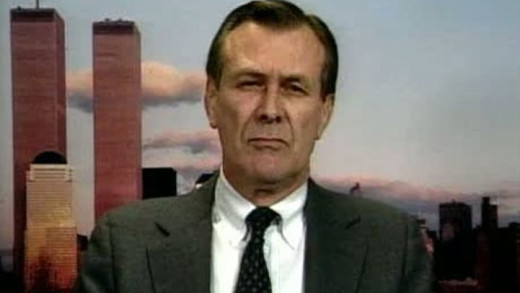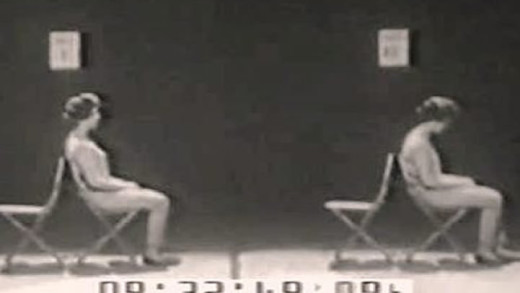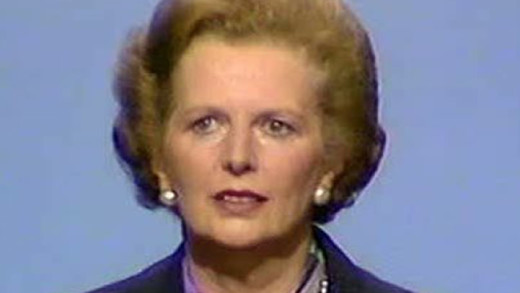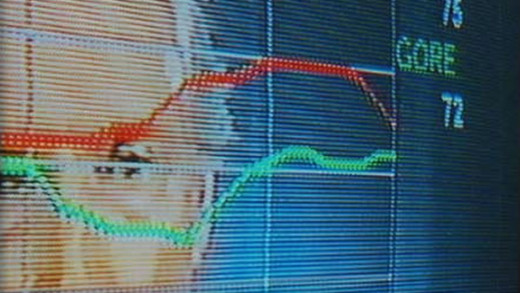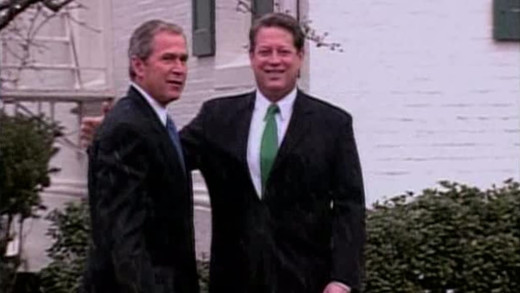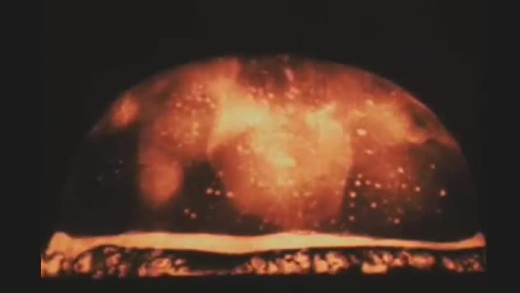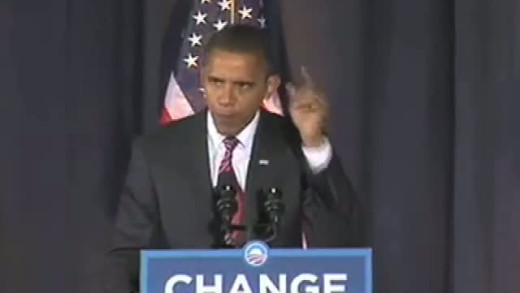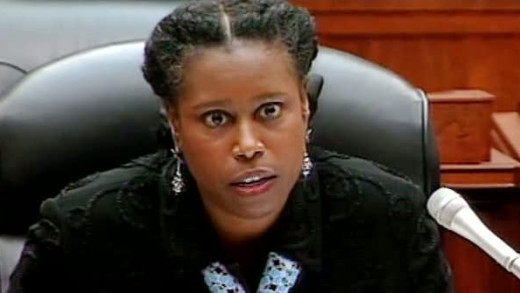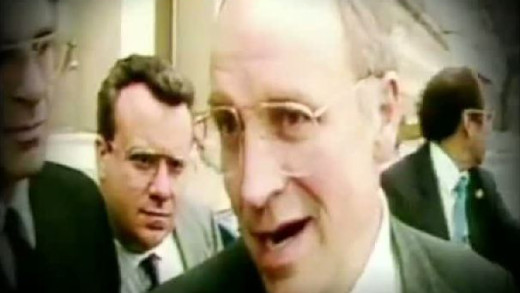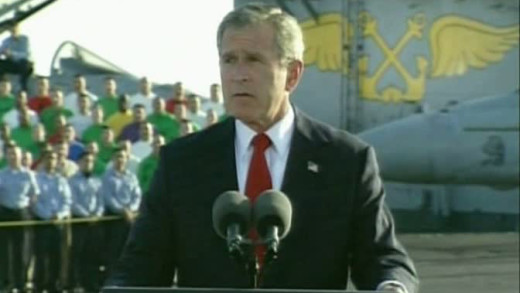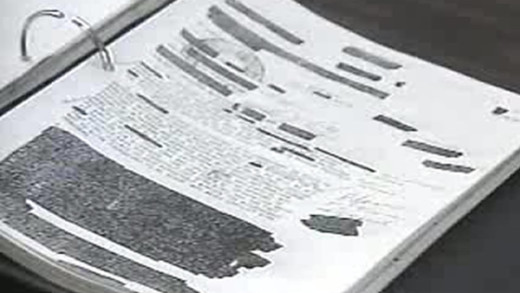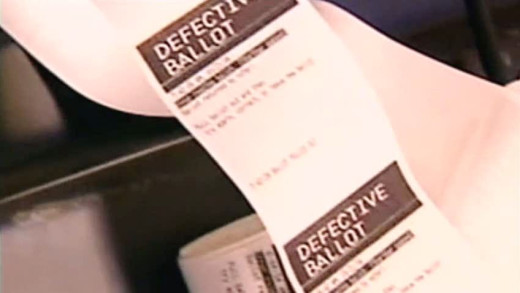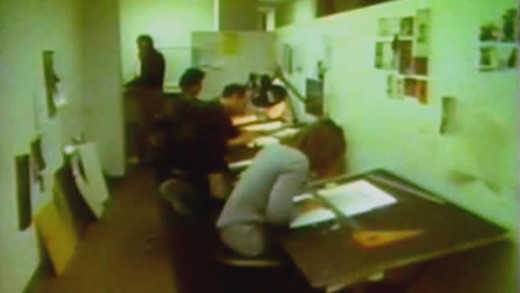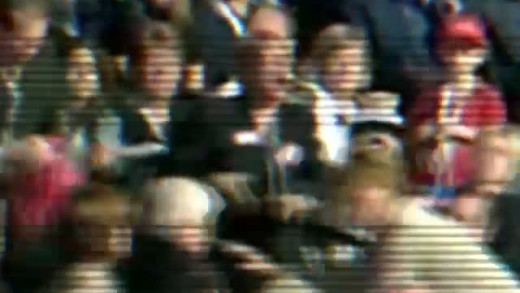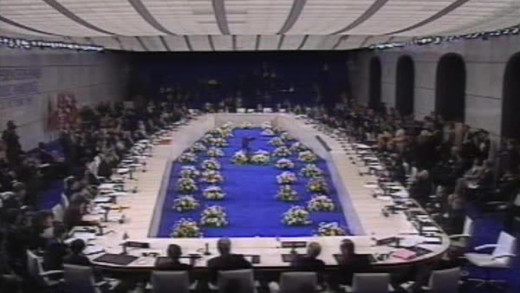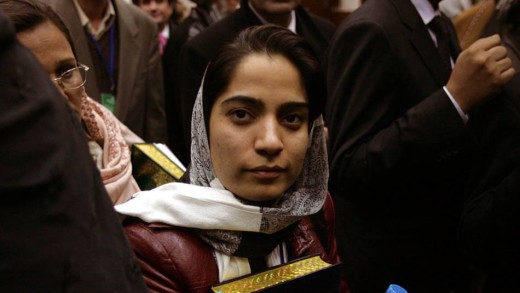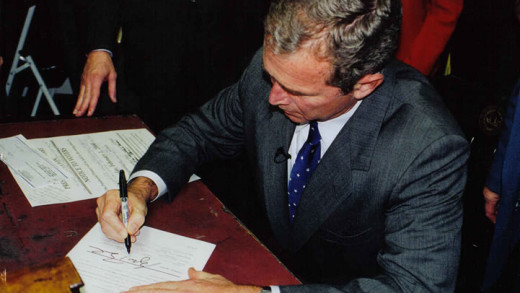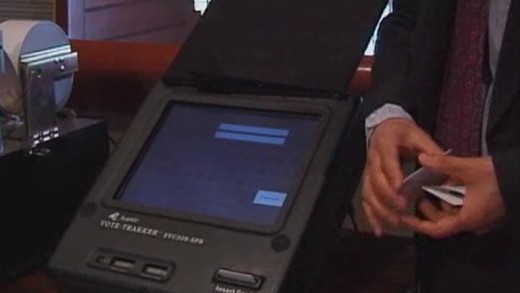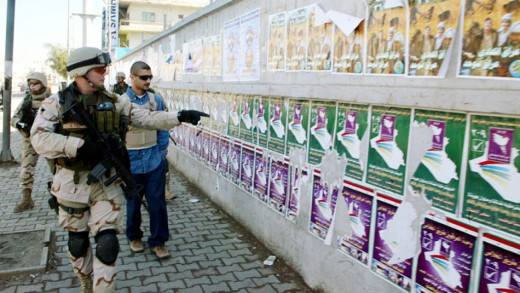To many in both business and government, the triumph of the self is the ultimate expression of democracy, where power is truly moved into the hands of the people. Certainly the people may feel they are in charge, but are they really? The Century of the Self tells the untold and controversial story of the growth of the mass-consumer society. How is the all-consuming self created, by whom, and in whose interest?
Is the threat of radical Islamism as a massive, sinister organised force of destruction—specifically in the form of al-Qaeda—a myth perpetrated by politicians across the globe, but particularly the American neo-conservatives, in order to unite and justify empire? This series of films charts the rise of both groups and movements, drawing comparisons between them and their origins, to provide much-needed and missing context to the War of Terror.
The Living Dead: Three Films About the Power of the Past is a series of films that investigate the way that history and memory (both national and individual) have been manipulated and distorted by politicians and others for various means of control...
The Mayfair Set is a four part series that studies how capitalists overtly and surreptitiously came to prolifically shape governments during the 1980s, epitomised by the Thatcher government in Britain at the time. But the corporate influence of political power doesn't simply arrive, it rather culminates after decades of engineering rooted in the economic collapse from the aftermath of the Second World War. This series focuses on the unreported and almost unseen approach that capitalists have taken since the 1940s to gradually take control of the political systems of not only the United States and Britain, but elsewhere around the world—exemplified by the boom of globalisation.
Counter-Intelligence is a 5 part series that explores in-depth, the vast, sprawling and secret National Security State that operates throughout the United States--and indeed the world. The series examines the foundations of the Military-Industrial-Intelligence Complex, charting through to the myriad consequences in today's world where secret intelligence organisations continue to hijack governments, manipulate elections and commit heinous crimes against humanity--all under the cloak of "National Security". In the wake of the continued revelations of the NSA PRISM program, this series is now more important than ever to provide a solid historical context to the workings of the rapacious and ever-expanding National Security State...
The Power Principle is a series of films examining the history of the United States and the building of its empire with particular emphasis on the last seventy years of United States foreign policy. The methods that make empire possible are also examined—the politics of fear, the rise of public relations, the 'Mafia Principle' and the reoccurring use of fabled enemies, contrasting the Soviet Union and the Cold War alongside the parallels of today with the "War On Terror". Not only does The Power Principle tie together historical events to revive a common thread, the series may also encourage viewers to reconsider their understanding of historical events and the portrayal of them, showing how those in power play a role in manipulating the collective memory through generations.
Each year, legions of ad people, copywriters, market researchers, pollsters, consultants, and even linguists spend billions of dollars and millions of hours trying to determine how to persuade consumers what to buy, whom to trust, and what to think. Increasingly, these techniques are migrating to the high-stakes arena of politics, shaping policy and influencing how Americans choose their leaders. In The Persuaders, renowned media scholar Douglas Rushkoff explores how the cultures of marketing and advertising have come to influence not only what we buy, but also how we view ourselves and the world around us. The Persuaders draws on a range of experts and observers of the advertising and marketing world, to examine how, in the words of one on-camera commentator, “the principal of democracy yields to the practice of demography,” as highly customised messages are targeted to individuals using technology and fine-tuned social engineering techniques.
Filmed over three years, Hacking Democracy documents a group of American citizens investigating anomalies and irregularities with the electronic voting systems used during the 2000 and 2004 US Presidential elections. The investigation revolves around the flawed integrity and security of the machines, particularly those made by the Diebold corporation. Could the elections have been rigged?
Golden Rule presents a picture of today's political economy interpreted through the framework of the "Investment Theory of political Parties". The theory, first articulated in 1983 by Thomas Ferguson, is largely based on quantitative analysis of activity in the stock market and its relationship to politics--that is to say that "elections are moments when groups of investors coalesce and invest to control the state." The film takes this theory and tests it against developments in the political and social spheres of recent decades, right up to the election of Barack Obama in the United States in 2008...
Lifting The Veil explores the historical role of political parties in the United States as the graveyard of social movements, the massive influence of corporate financing in elections, the absurd disparities of wealth, the continuity and escalation of neoconservative policies with the Obama administration, the insufficiency of mere voting as a path to reform, and differing conceptions of democracy itself. Lifting The Veil exposes the vast hypocrisy of the United States government, with a sense of urgency to bring about real systemic social and political change...
The American Blackout chronicles the 2002 defeat, and 2004 re-election, of Congresswoman Cynthia McKinney to the U.S. House of Representatives, focussing on issues surrounding voter disenfranchisement and the use of electronic voting machines in both the 2000 and 2004 presidential elections...
Ethos
From conflicts of interests in politics and collusion with corporate power, to a global mainstream media that serves the interests of a powerful few, Ethos explores aspects of the machinations of today's global systems that work against democracy, the natural environment and lead populations into consumerism and warfare...
Why have a real election when you can just buy the result? In Bush Family Fortunes, Greg Palast examines various aspects of the Presidency of George W. Bush, including the very controversial 2000 US Presidential 'election' and of course, the invasion of Iraq. What are the Bush family connections?
Founded in 1976, the United States Office of Multilateral Diplomacy--known informally as the Zap Office--was created by Henry Kissinger to try and influence the voting patterns of third world nations at the United Nations by withholding food aid to those who did not vote alongside the United States. Zap! The Weapon Is Food is an investigation of this policy, one that makes food more powerful than oil...
The Panama Deception documents the invasion of Panama in December 1989—codenamed Operation 'Just Cause.' The film gives context to the events which led to the invasion, and explores the real impact on the ground and devastating aftermath—all contrary to the views portrayed by mainstream media and rhetoric espoused at the time by government officials in the Bush administration. News footage and media critics reveal the extent of media control and self censorship of the invasion, relevant to any news coverage today, particularly during times of war.
Uncounted documents how the election fraud that altered the outcome of the 2004 election led to even greater fraud in 2006 and now looms as an unbridled threat to the outcome of the 2008 and future elections. The film shows how easy it is to change election outcomes and undermine election integrity across the United States using electronic voting machines and even other simple methods of manipulation...
Street of Joy
Street Of Joy looks at how product marketing methods and advertising techniques are applied to politics by specifically following the campaigns around the election of Jimmy Carter in the United States during 1976. In these times, the techniques of today are seen in their early years, especially the use of carefully crafted images for use on television...
Ground Noise And Static is a video report on the protests that occurred in connection with the Democrat and Republican National Conventions in 2008. Corporate media would cover the platitudes and posturing of the politicians, but this film is interested in something else -- a story hidden in plain sight, told from the perspective of activists...
John Pilger travels to Cambodia to investigate how the United Nations has allowed the Khmer Rouge regime to grow stronger. Why has Pol Pot's organisation grown stronger and more menacing since the arrival of the UN? Cambodia -- Return To Year Zero looks behind the façade of the so-called 'peace process' and asks: Has the unthinkable for Cambodia at last been made acceptable for the rest of the world?
Less than three years after a popular uprising that led to President Hosni Mubarak's ousting, and just one year after Egypt's first elections, the elected government has been overthrown and the Egyptian military is running the state. And the Muslim Brotherhood—the secretive, long-outlawed Islamist group that came out of the shadows to win the presidency in June 2012—is once again being 'driven underground.' Were the Brothers ever really in charge? Or was the Egyptian deep state—the embedded remnants of Mubarak's police force, Supreme Court and, most of all, military—in control all along? In Egypt in Crisis, we go inside the Egyptian revolution, tracing how what began as a youth movement to topple a dictator evolved into an opportunity for the Muslim Brotherhood to seemingly find the political foothold it had sought for decades—and then why it all fell apart. With Egypt's hopes for democracy in tatters, and the military-led government violently cracking down, what will happen next?
In September 2005, Afghanistan held its first parliamentary elections in 35 years. Among the candidates was Malalai Joya, a courageous 27-year-old woman who had ignited outrage among hard-liners when she spoke out against corrupt warlords and criminals at the "Grand Council of tribal elders" in 2003. Enemies of Happiness is a revelatory portrait of this extraordinary freedom fighter and the way she connected with the people of Afghanistan. The film also serves as a snapshot of life and politics in war-torn Afghanistan from this time. As Joya rightly points out several Taliban warlords and wants them prosecuted for their crimes against the Afghan people, she is exposed to several death threats, and has been under constant protection. Can she overcome entrenched views and death threats to help bring democracy to Afghanistan?
Stealing America: Vote by Vote examines a bundle of documented cases of election manipulation and irregularities throughout the United States, some that stretch back as far as 1996. The film focuses on voter disfranchisement, the use of electronic voting machines, and voting anomalies such as uncounted ballots, inaccurate final vote tallies, and vote-switching. Through a combination of first-person accounts (including Democratic Sen. Bob Hagan of Ohio, who also witnessed vote-switching firsthand), extensive research and revealing clips from multiple TV news sources, this film investigates the many 'glitches' in voting procedures that result in literally millions of votes being potentially lost, miscounted or even deleted.
Unprecedented looks at voting irregularities in the controversial presidential election in the United States from the year 2000. With a focus on the swing state of Florida, the recount, the ensuing supreme court decision in December, and future elections; the film also shows how fundamentally, many people--the majority being African-American--have outright been refused the ability to vote by a clever mix of legalese, electronic voting machines, political maneuvering and simple racism. A 1868 law prevented felons from voting--originally crafted to keep blacks from the polls in the wake of the Civil War--was resurrected in 2000, used to create a computerised list of people supposedly illegible to vote. The list had weird parameters and included as many as 57,000 to 91,000 non-felons; overwhelmingly targeting people of colour. On election day, these people were turned away at the polls. The role of electronic voting machines is also examined, as they are totally unaccountable and do not allow audits. The argument is made because of copyright over the software and trademarks. The machines also do not give paper receipts, so there is no physical evidence in case of the need for a recount. How does the United States--the so-called and self-proclaimed world-famous democracy--fair as one in light of this?
My Country, My Country documents the United States' invasion of Iraq from an insider's perspective, as told by Iraqi citizens themselves, and by the efforts of a devoted father and Sunni Muslim political candidate. Filmmaker Laura Poitras also spends time on the ground following the United States military 'Civil Affairs' team during the 2005 elections in Iraq. As the US government attempts to "bring democracy" to the country, Baghdad native Dr. Riyadh is faced with making the difficult decision of supporting the popular boycott of the elections, or fighting for a democracy that seems ever more unlikely with each passing day. With intimate footage of Dr. Riyadh's interactions with the public and candid interviews featuring the opinions of every-day citizens, My Country, My Country provides a rare look inside the struggle in Iraq in the context of an ongoing brutal occupation.

